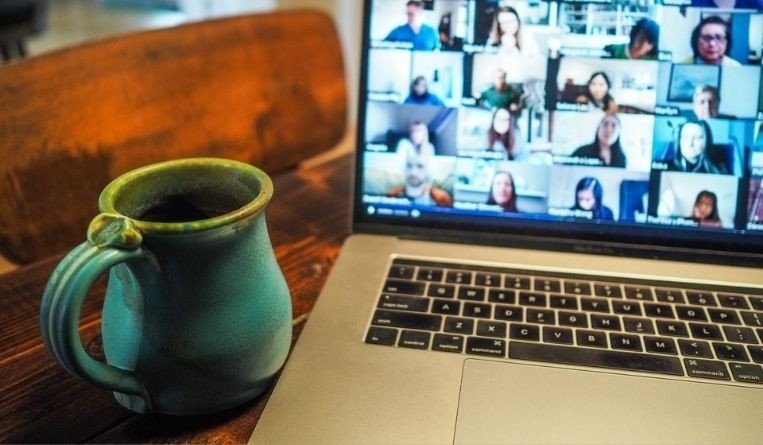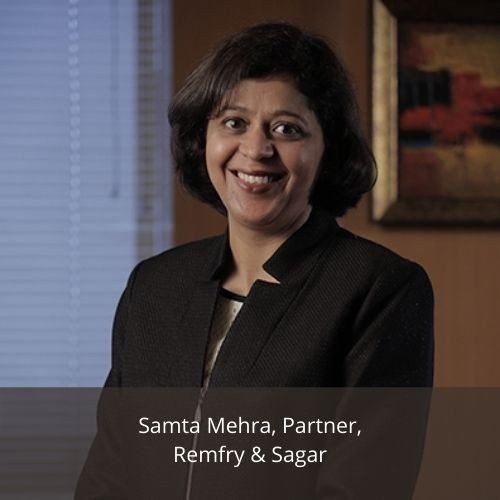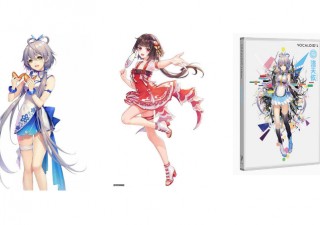Trademark Hearings through Video Conferencing
04 September 2020

On account of the prevailing Covid-19 situation, the IP office in India has announced that show-cause hearings in trademark matters will now commence through video-conferencing. However, only those matters will be scheduled where applicants or their authorised agents consent to attending hearings in this mode and confirm participation to the IP Office before September 5, 2020. Matters where consent is not given shall be kept in abeyance until physical hearings resume.
According to Samta Mehra, Partner, Remfry & Sagar, the provision for hearings through video-conferencing (VC) was introduced in the Trade Marks Rules in 2107 when the Rules were amended. In fact, she says that some hearings did take place in the past few years through VC for trademark applications, however, for some reason, the mode did not gain traction.
“I reckon that both stakeholders as well as officers were more comfortable with the usual hearing format of an in-person appearance,” she says. “However, Covid-19 has changed the situation drastically over the last six months. With physical hearings no longer possible, the IP Office has once again initiated the VC mode to address the backlog at the Trade Marks Office. With the courts, Patent Office and the Intellectual Property Appellate Board (IPAB) already has conducted hearings through video-conferencing for some time now in response to the pandemic, resuming appointment of hearing through video-conferencing for trademark matters was a much anticipated and very welcome step.”

She adds that not only will hearings conducted through video-conferencing assist in faster prosecution of matters, which was adversely affected by a complete halt of activity on the hearing front, the appointment of hearings will also help in reduction of backlog in respect of trademark matters at the Indian IP Office (which is an ongoing aim).
“Remote functioning is the new way of the world’s working and it is expected that the Trade Marks Office will also continue operations virtually,” she says. “In fact, we have seen a complete shift in mindset at all levels (IP Office as well as stakeholders), with everyone realising that this is the new way of life, and people are more receptive to embracing technology now than they were six months ago. That said, the challenges if any, are similar to what one experiences while conducting any meeting on a virtual platform. To offer a seamless experience, the hearing platform must be well-designed and there should not be any interruptions /pauses due to internet connectivity issues (on both sides). Another aspect is that the Trade Marks Office has a limit of 10 MB for uploading of documents online. At the time of in-person hearing, counsel were in a position to present supporting documents in hard copy format; however, with a limit on size of documents that can be uploaded, it may be a challenge to submit additional evidence, especially in cases where it is voluminous. Ideally, the hearing platform ought to have the option of live - sharing documents with the Hearing Officer. The Notice issued by the IP office mentions that “The Office will try to schedule all pending applications of concern applicant / agent on same day in sequential order as per available time” - however, given the number of matters expected to be appointed for hearing, a same day hearing for all matters of an applicant/ agent might not be feasible as sufficient and reasonable time ought to be provided for a comprehensive and satisfactory discussion on every application.”
As for other new developments, Mehra says the Indian IP Office is continually striving to deploy technologically advanced tools to improve its functioning. “An update of the website of the Indian Trade Marks Office as well as of its online filing server has been on anvil,” she says. “We reckon that the same may happen in the coming months.”
Excel V. Dyquiangco






